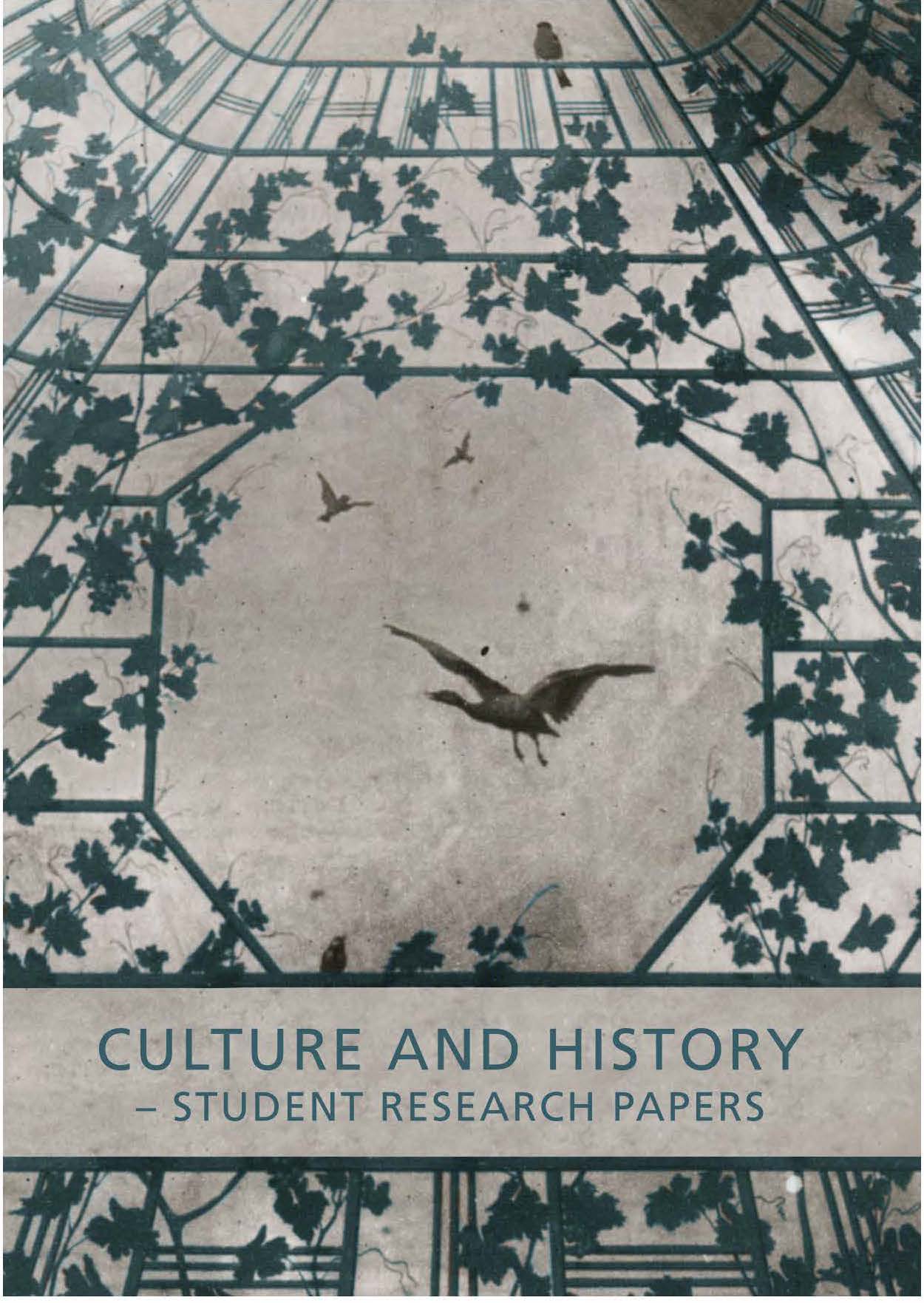'Managing' Wildlife
Hunting and Conservation in the 'White Highlands' of Early Colonial Kenya
DOI:
https://doi.org/10.7146/chku.v8i2.151778Nøgleord:
settler colonialism, nature-society dualism, Laikipia, conservation, huntingResumé
European settlers in colonial Kenya in the beginning of the 20th century embodied a significant contradiction: While advocating vividly for the preservation of a ‘pristine nature’, the settlers hunting and agrobusiness activities are the single most important factor for a rapid decline of wildlife population in the area. This article investigates the meaning of hunting and conservation practices for the establishment and consolidation of a White settler elite in Laikipia, Kenya. The argumentation is based on episodic evidence from the biography of Lord Delamere, an influential first settler, hunter and conservationist, written by Elsbeth Huxley in 1935. It investigates the practices around ‘managing’ wildlife from an ideological and economical dimension. I argue that the transplantation of European aristocratic traditions of ‘The Hunt’ and the understanding of nature and society as separate spheres delegitimized pre-colonial modes of nature-use and reinforced a racist hierarchy of societies. The systematic dispossession of precolonial landholders, their forceful but selective inclusion in the settler economy and the eradication of wildlife for profitable agrobusiness irreversibly degraded the various forms of precolonial economies and consolidated the settler’s presence in Laikipia until today.
Downloads
Publiceret
Citation/Eksport
Nummer
Sektion
Licens

Dette værk er under følgende licens Creative Commons Navngivelse (by).
Forfattere af artikler i tidsskriftet har indtil 2023 copyright over deres artikler, men der er ikke knyttet en cc-licens til disse.


